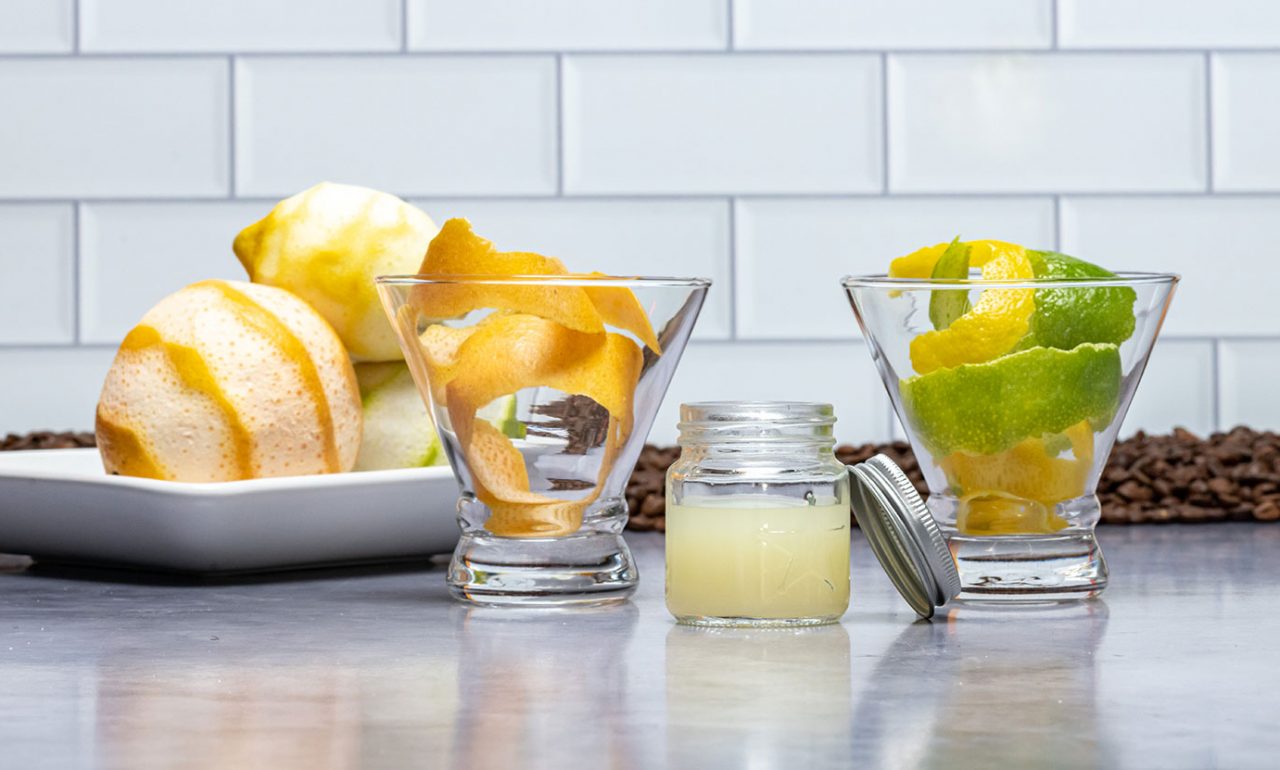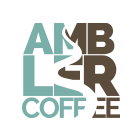One of the most frequently asked questions we get at COROCO is about the tasting notes listed on some of our coffees. When customers read, “milk chocolate” in a description, they wonder if that means that it is a flavored coffee. While we do not roast flavored coffees, most of our specialty coffees have tasting notes, similar to the wine industry. Thanks to the work of sensory scientists and the World Coffee Research Sensory Lexicon, coffee professionals as well as enthusiasts can have a universal reference standard to help identify what they are tasting in their cup!
Aroma and flavor perception can vary greatly from individual to individual, so establishing these standards helps coffee professionals “calibrate” their palates. Think you taste blueberry? Then it should taste like Oregon canned blueberries. Peach? Jell-O! (Yes, peach Jell-O!!!) The fascinating thing about the aroma and flavor references is that they must be available globally. Fresh blueberries, as an example, might not be in season, depending on the location. So what a person might naturally think of when they imagine certain tastes might be a surprising sensory science reference.
We’ve had a bit of fun pulling together some of the tasting note reference foods from the local grocery store. While not the entire lexicon, we invite our readers to enjoy this photo essay, and next time you’re enjoying a delicious cuppa, see if you get blueberry, milk chocolate or some other reference!
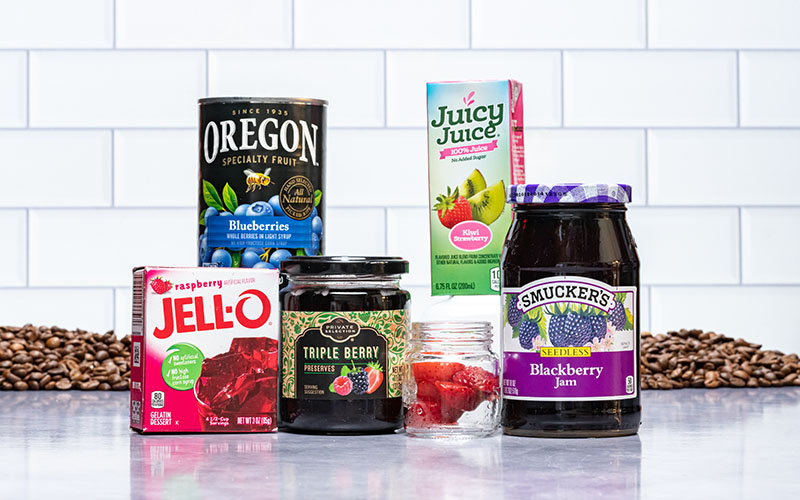
Fruity
Berry, strawberry, raspberry, blueberry, blackberry
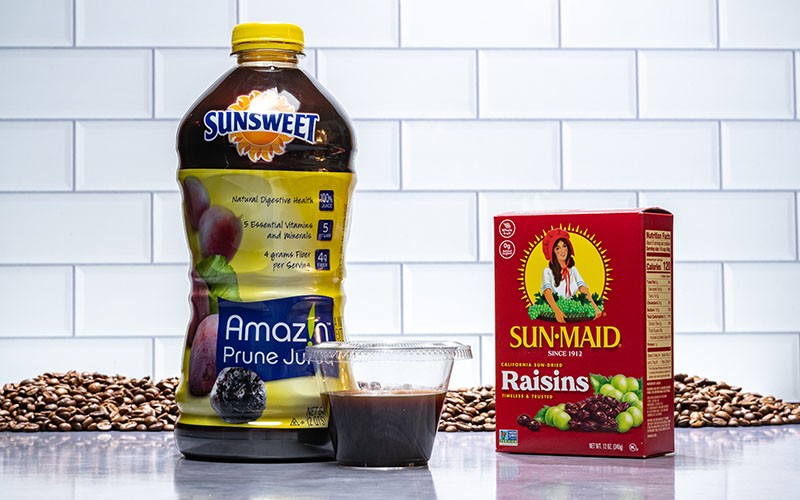
Dried Fruit
Raisin, prune
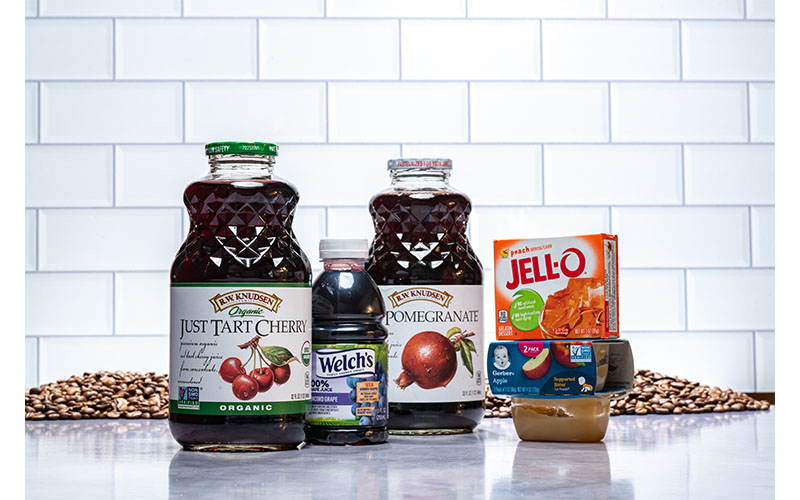
Other Fruit
Apple, peach, cherry, pomegranate (not a complete list!)
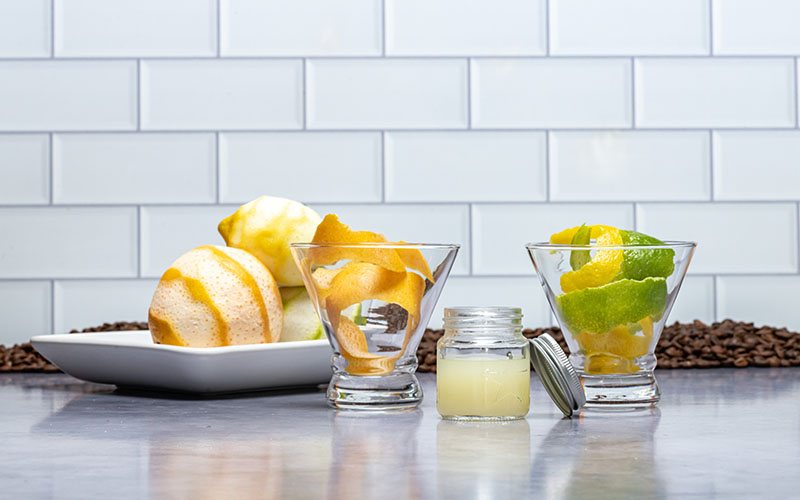
Citrus Fruit
Lemon, lime, grapefruit (not a complete list!)
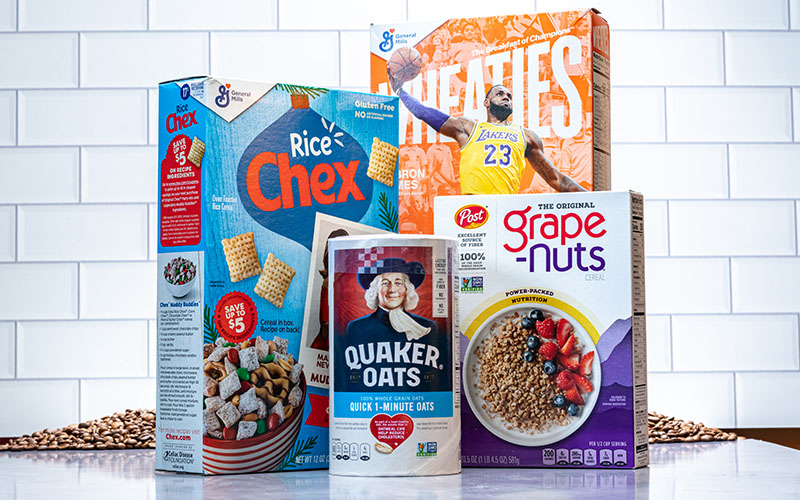
Cereal
Grain, malt
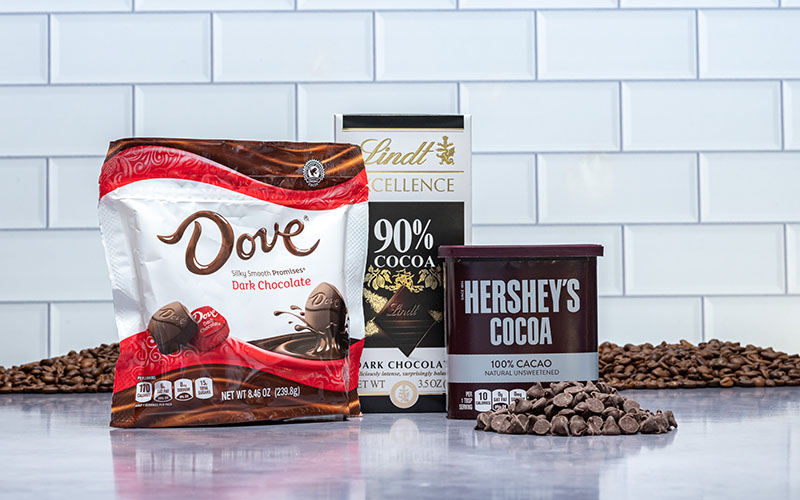
Cocoa
Chocolate, cocoa, dark chocolate
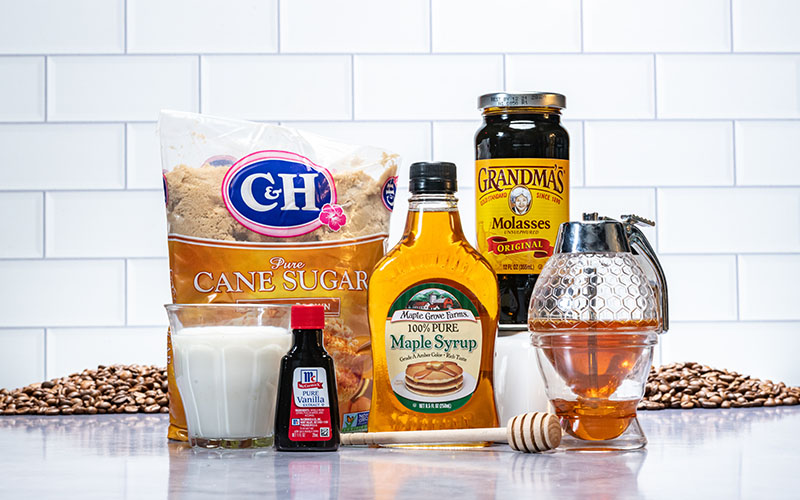
Sweet
Molasses, maple syrup, brown sugar, honey, vanilla
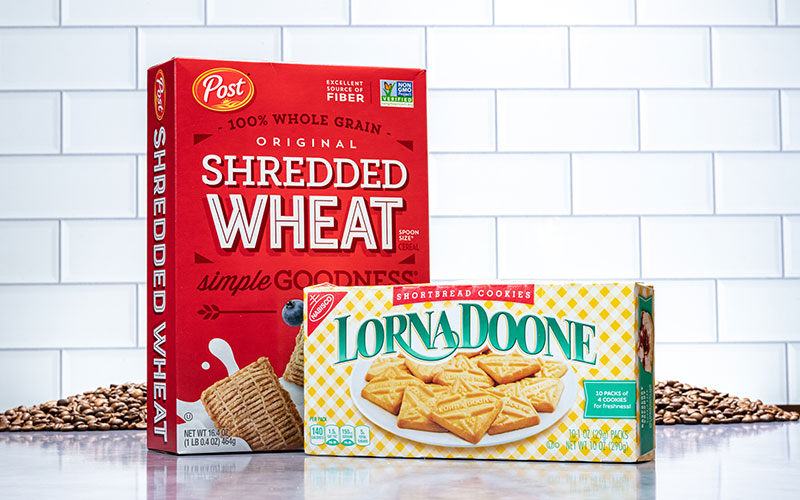
Overall Sweet
Shredded wheat, cookies
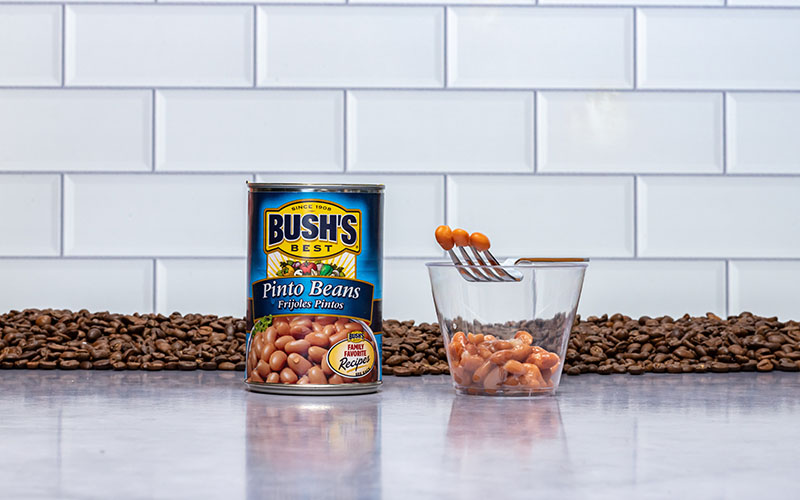
Sour
Pinto beans
The World Coffee Research Sensory Lexicon was developed by the lab of Edgar Chambers IV, Ph.D. at the Sensory Analysis Center at Kansas State University, and validated by the lab of Rhonda Miller at Texas A&M University. Paul Songer, technical director of the Cup of Excellence program, coordinated the preparation of coffee samples and workshops to solicit feedback from a group of coffee industry advisors. Tim O’Connor and Pacific Espresso/La Marzocco made in-kind donations of coffee brewing equipment.


